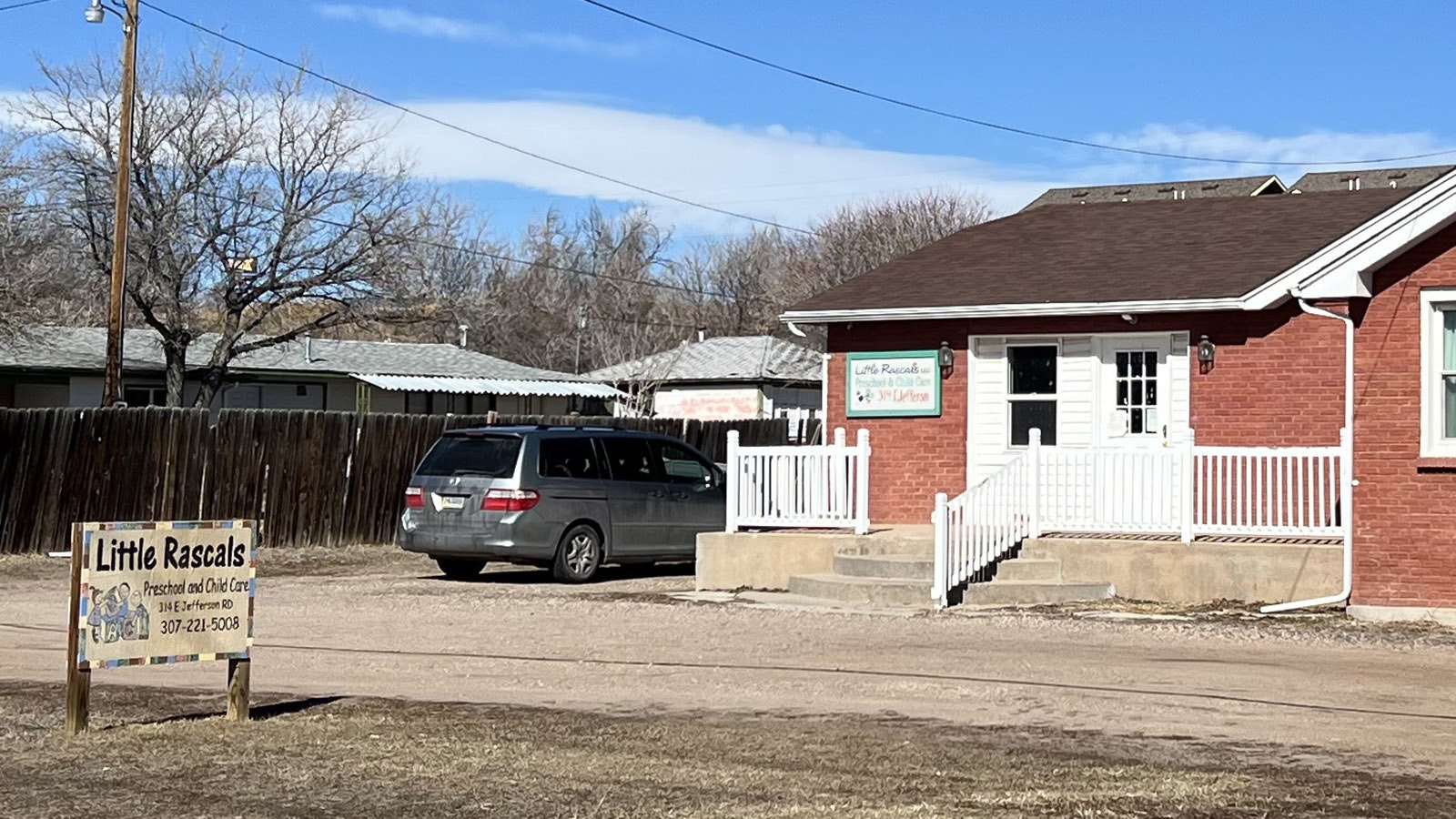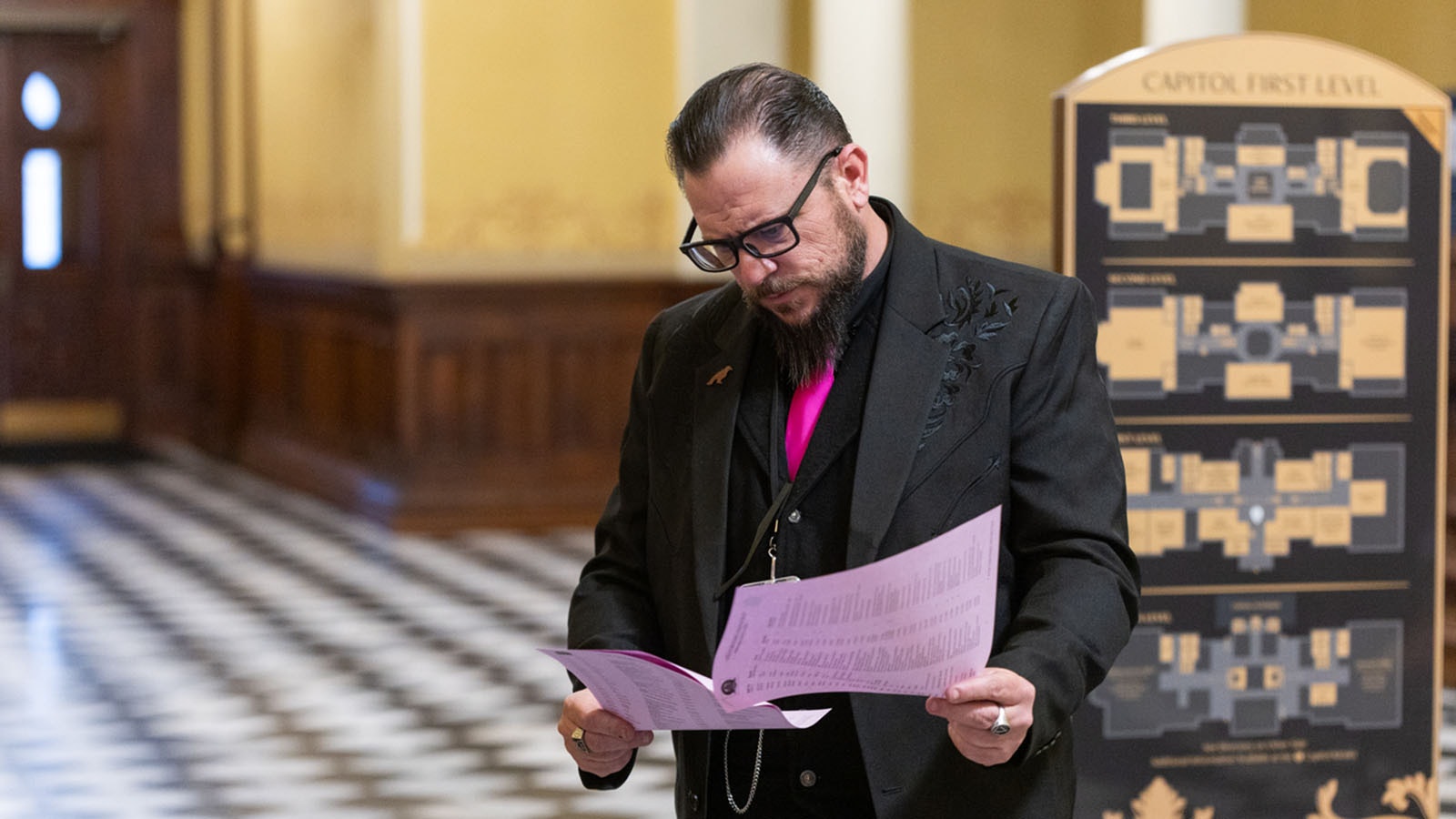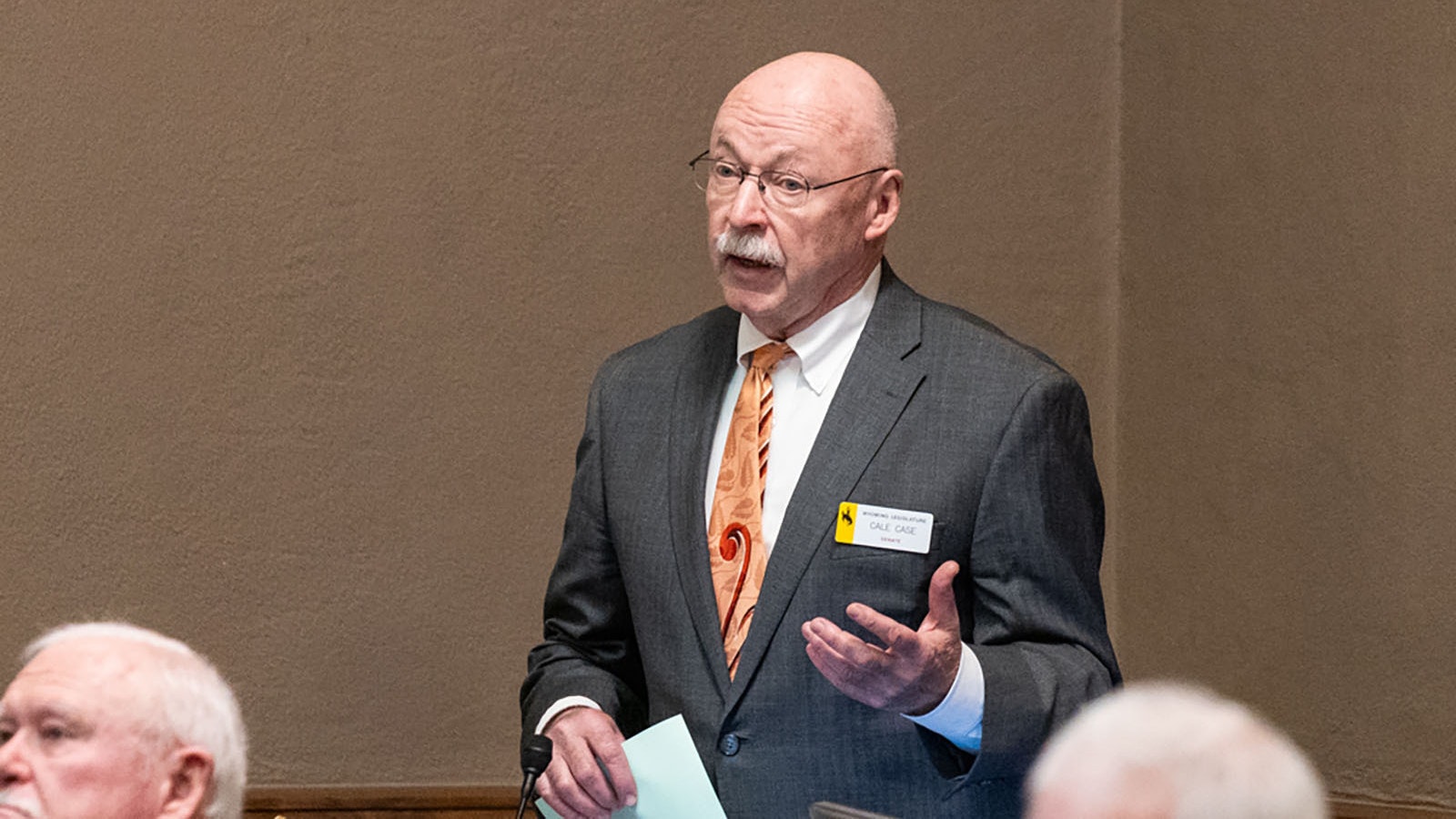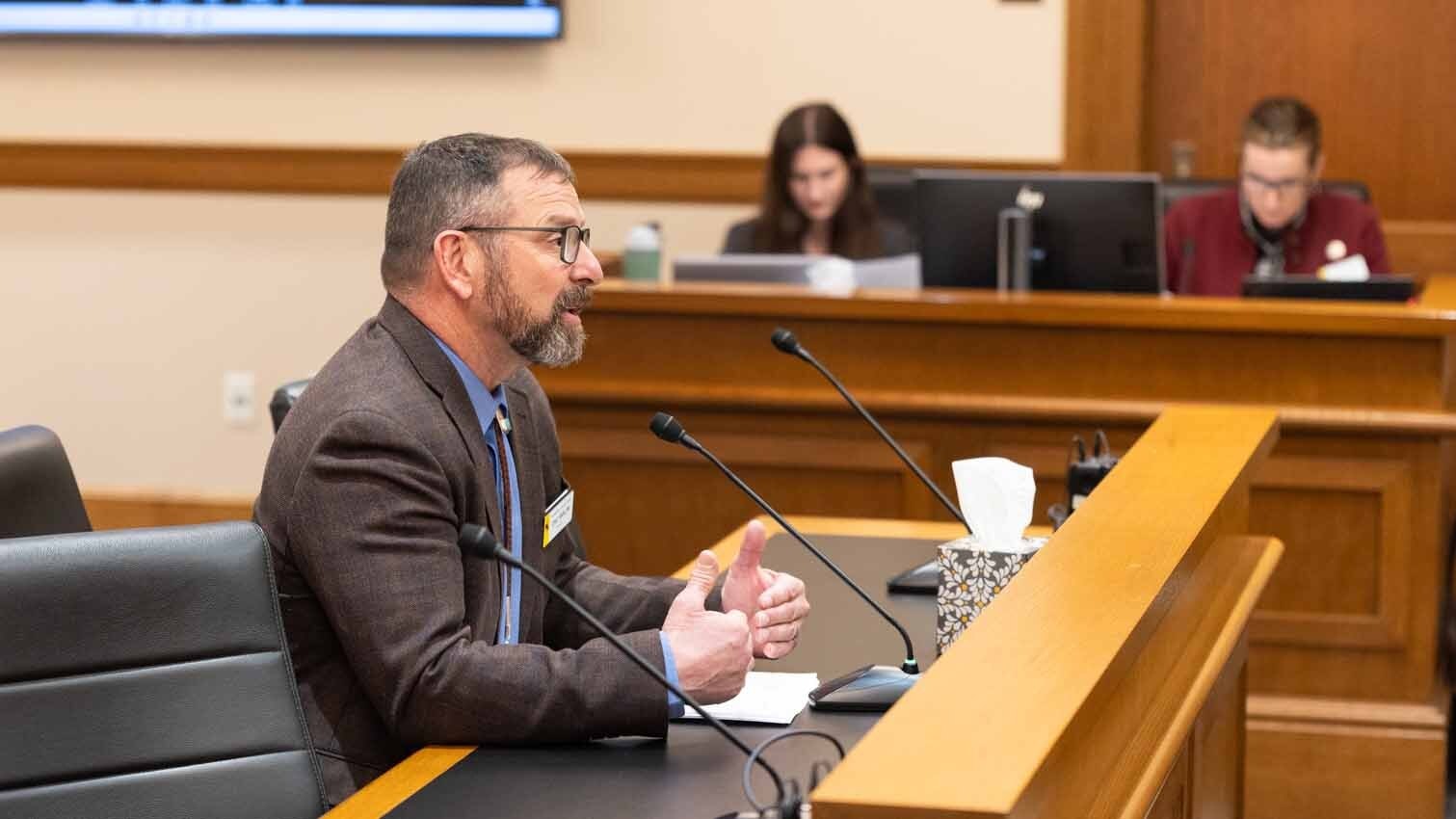The Wyoming Senate is contemplating a proposed law defining small home day cares as “residential” so that homeowners associations can’t ban them under a residential-only clause.
House Bill 126 would define home day cares with fewer than 10 kids as a residential property use.
The bill has bipartisan backing: Democratic Rep. Mike Yin, of Jackson, sponsored it along with six Republican co-sponsors.
It passed the Senate Corporations, Elections and Political Subdivisions Committee on Thursday, with three committee members in favor and one opposed after passing the Wyoming House of Representatives smoothly last week on a 45-17 vote.
Rural Vs. Urban Areas
Critics told the committee HB 126 interferes with private residents’ contracting rights and homeowners’ preferences.
Proponents said it unburdens the day care industry and can alleviate a statewide child care shortage.
“HOA covenants are a contract between private property owners. And quite frankly, we don’t believe the state has any business interfering in those private contracts,” Laurie Urbigkit, of Wyoming Realtors, told the committee during its first hearing on the bill Tuesday. “For some of you that live on large ranches where you can’t even see your neighbor’s house, this may seem like a foreign concept to you, that neighbors would get together and actually agree on what they want the neighborhood to look like.”
Real issues can surface in tight urban cul-de-sacs with limited space when 10 families drive through to pick up 10 children at the same time twice a day, said Urbigkit.
She urged the committee to build a 60-day notice period into the bill to give homeowners associations time to specify their contracts if they want to forbid day cares.
The Realtors could live with the bill, as long as the Senate keeps in a provision making it apply only to home covenants adopted after July 1, rather than to all home covenants, said Urbigkit.
Sympathy?
Rep. Brian Boner, R-Douglas, countered.
“Do you not have any sympathy whatsoever for the issue Representative Yin is trying to address, which is very real also?” Boner asked Urbigkit.
“I am certainly sympathetic,” said Urbigkit, adding that she raised children while working. “But that does not eliminate the fact that this bill is interfering in private contracts homeowners have come together to address.”
Yin had told the committee he crafted the bill because of a repeating scenario: a “bunch of moms in the neighborhood” will want to start a day care and care for other kids in the neighborhood while making a livelihood themselves. And sometimes they’re not sure if they can open the day care because their covenant allows only residential property uses.
Yin said his bill is geared toward clarifying the terminology in situations like those.
“Child care is one that both helps our workforce and is a strong, strong, strong need for basically the entire state. We have a lack of it,” said Yin.
They’ll Scoot Around It
Ken Hauck, a Cheyenne financial consultant speaking on his own behalf, said homeowners associations opposed to harboring day cares will just clarify their contracts now, and the bill will solve nothing.
Wyoming child-care facilities are at capacity, and there’s a shortage of 7,580 seats, he said.
And yet, only 9.4% of Wyoming’s housing units are part of a homeowners association or covenant, he said. That’s about 26,000 housing units in HOAs, compared to 251,000 housing units that are not, said Hauck.
“If 251,000 housing units haven’t solved the problem, why would we think that 26,000 will?” he asked.
He also said homeowners could see their home values dip or lose out on the enjoyment of the property if the state meddles in their contracts this way.
Committee Passed It
Sen. Eric Barlow, R-Gillette, proposed an amendment specifying that the bill won’t interfere with homeowners covenants that specifically prohibit home day cares.
The committee left in the July 1 effective date that Urbigkit favored.
Committee Chairman Sen. Cale Case, R-Lander, was the lone no vote on the bill.
Barlow, Boner, and Sen. Charlie Scott, R-Casper, voted in favor of it.
It now must survive three readings on the Senate floor and a consent vote from the House, as well as the governor’s desk, to become law.
Clair McFarland can be reached at clair@cowboystatedaily.com.





